
How to Harvest a Dream Journal for Writing Inspiration
There’s something mysterious and magical about dreams. In the dreamworld, anything is possible. Our deepest desires and greatest fears come to life. Whether they haunt or beguile, our dreams represent the far reaches of our imaginations. Journals can have similar qualities of mystery and intrigue. If your journal is full of freewrites, doodles, cryptic notes,…Read More

Creative Writing: Reflective Journaling
A journal is a chronological log, and you can use a journal to log anything you want. Many professionals keep journals, including scientists and ship captains. Their journals are strictly for tracking their professional progress. Fitness enthusiasts keep diet and exercise journals. Artists use journals to chronicle their artistic expressions. A writer’s journal can hold…Read More
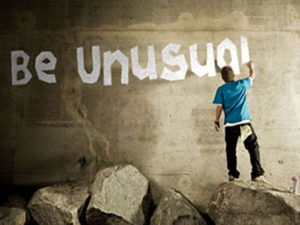
Unusual Writing Activities That Will Boost Your Creativity
Writing usually involves sitting in a chair and hammering away at a keyboard. It can get repetitive and mundane. I have often found that when I need a boost of creativity, removing myself from my normal writing environment is a good way to get ideas flowing. If you’re feeling stuck, try positioning your body differently….Read More
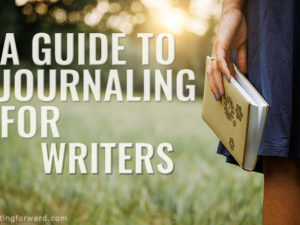
A Guide to Journaling for Writers
The world of journaling is fascinating and expansive. There are people who make their own notebooks and fill them with stunning artwork and gorgeous lettering. Others spend months writing in a journal and then burn it when they get to the end, only to start another one. Some people use cheap spiral-bound notebooks for journal…Read More
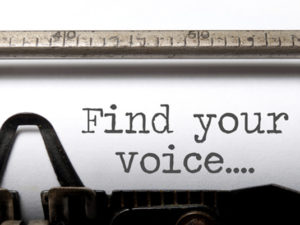
Tips for Developing Your Voice in Writing
Each and every writer has a distinct way of writing. We repeat certain words, phrases, and expressions; there are patterns in how we arrange words in sentences and paragraphs, and our writing often carries a recognizable tone and rhythm. The term for this is voice. Wikipedia defines one’s voice in writing as “a combination of…Read More
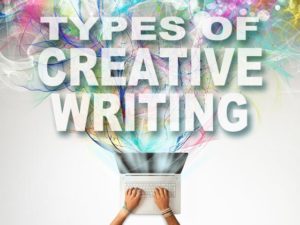
14 Types of Creative Writing
When we talk about creative writing, fiction and poetry often take the spotlight, but there are many other types of creative writing that we can explore. Most writers develop a preference for one form (and genre) above all others. This can be a good thing, because you can specialize in your form and genre and…Read More
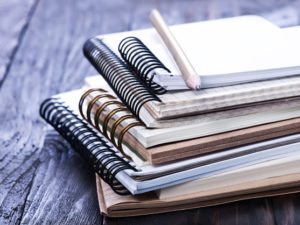
A Guide to Writing Creative Nonfiction
Here at Writing Forward, we’re primarily interested in three types of creative writing: poetry, fiction, and creative nonfiction. With poetry and fiction, there are techniques and best practices that we can use to inform and shape our writing, but there aren’t many rules beyond the standards of style, grammar, and good writing. We can let…Read More

The Power of Narrative Writing
The secret is out: narrative is powerful. A narrative can entertain, inform, and persuade — but most importantly, it can forge deep, meaningful, and lasting connections. What is Narrative Writing? A narrative is a spoken or written account of events. The word narrative is often used interchangeably with story, because a narrative is structured like a story: it…Read More
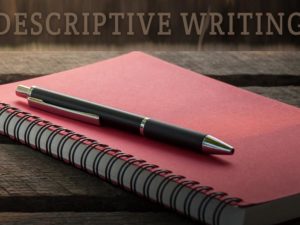
A Guide to Descriptive Writing
Writing description is a necessary skill for most writers. Whether we’re writing an essay, a story, or a poem, we usually reach a point where we need to describe something. In fiction, we describe settings and characters. In poetry, we describe scenes, experiences, and emotions. In creative nonfiction, we describe reality. Descriptive writing is especially…Read More

How to Cultivate Writing Inspiration
Do you ever sit down to write only to discover hours later that you’ve done nothing but stare off into space with a blank look on your face, occasionally breaking from your stupor to notice that you haven’t written a single word? I bet there have also been times when you were bursting with creativity…Read More



